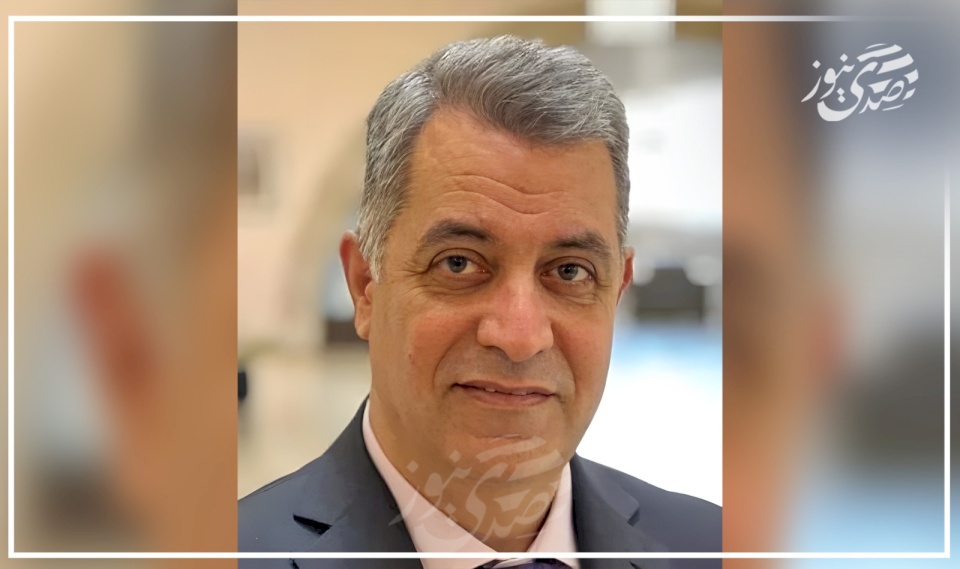
Macron's Pledge: The Wide Gateway to Europe
French President Emmanuel Macron's commitment in his message to Palestinian President Mahmoud Abbas to recognize the State of Palestine next September holds significant importance for several reasons. It relates to France's international status as a permanent member of the Security Council on one hand, its key role in directing or shaping EU policy on the other hand, its substantial influence in leading the European continent on a third hand, and the potential positive impact on Britain and Germany, the two countries that share with France the leadership of the old continent on a fourth hand. Moreover, it underlines France’s return to a leading role in the Middle East, especially in the Palestinian-Israeli conflict.
The importance of this pledge also lies in the timing of its announcement following the Israeli Knesset's decision to call for the imposition of sovereignty over the West Bank. It signifies a shift in Western thinking, particularly among some European countries, with the practice that recognizing the State of Palestine contributes to protecting the two-state solution, which is the best international option for ending the Palestinian-Israeli conflict, maintaining international peace and security, granting stability in the Southern Mediterranean, and fostering prosperity in the Middle East region. Additionally, it serves to lift the Israeli veto on the establishment of a Palestinian state along the borders of June 4, 1967, which Western countries had imposed by requiring recognition of the Palestinian state only after the termination of the Palestinian negotiations, indicating that recognition should be a culmination of the political process rather than support for it.
The commitment that French recognition of the State of Palestine be made publicly, through President Macron's speech at the United Nations General Assembly, carries a special significance with a French touch of a global nature, reminding of UN resolution 181 concerning the establishment of two states in Palestine and urging other countries to follow suit to protect the two-state solution option.
President Macron, albeit tardily, in this public commitment revives France's role in reopening the gateway to Europe for Palestinians once more; similar to what his predecessors, such as François Mitterrand and Jacques Chirac, did. This time, the broad gateway is the recognition of a democratic Palestinian state, which is obligated to undertake extensive internal reforms, fundamentally a national "internal" demand, to democratize the Palestinian political system by making a qualitative shift in enhancing the rule of law, ensuring constitutional legitimacy in building the three branches of authority and their relations, and conducting general elections (legislative and presidential).

Huckabee's Statements Reveal the Falsehood of Trump's Peace and Reinforce Religious Confli...

Licensed Occupation by Law

Whoever Does Not Plant Hope, Plants Departure...

Between "Here is Jerusalem" and "Here is Gaza" ... The Voice of a Nation and the Steadfast...

While some count the boos, Palestinians count their martyrs.. Paradoxes of the internation...

When the Palestinian Issue is Reduced to Gaza Management

Legally Licensed Occupation

